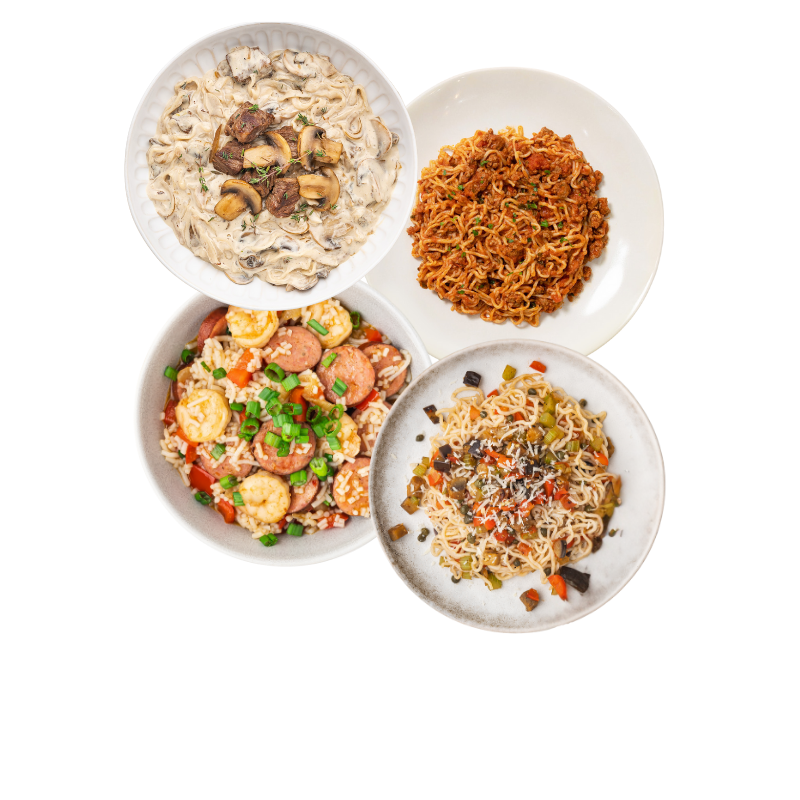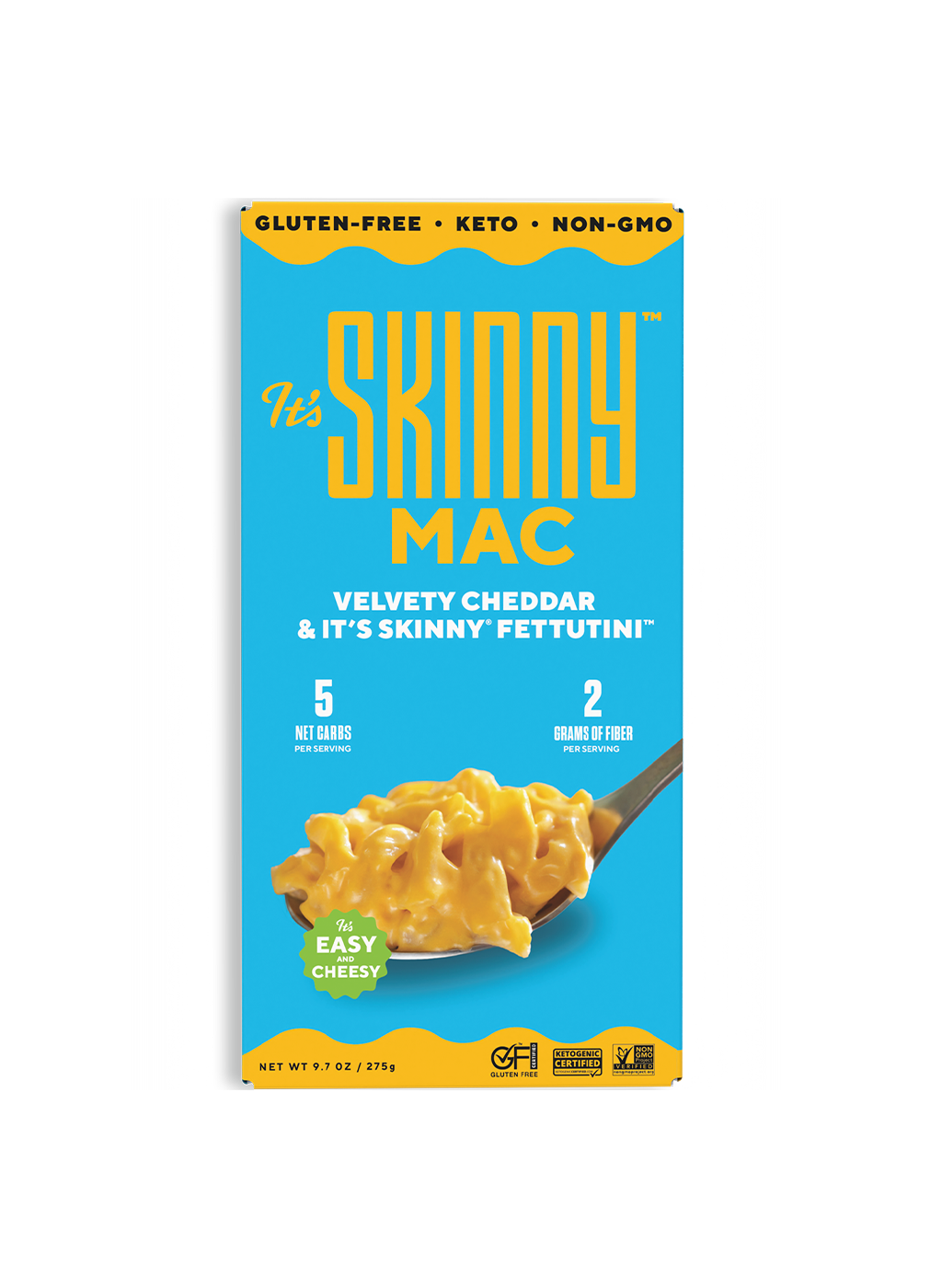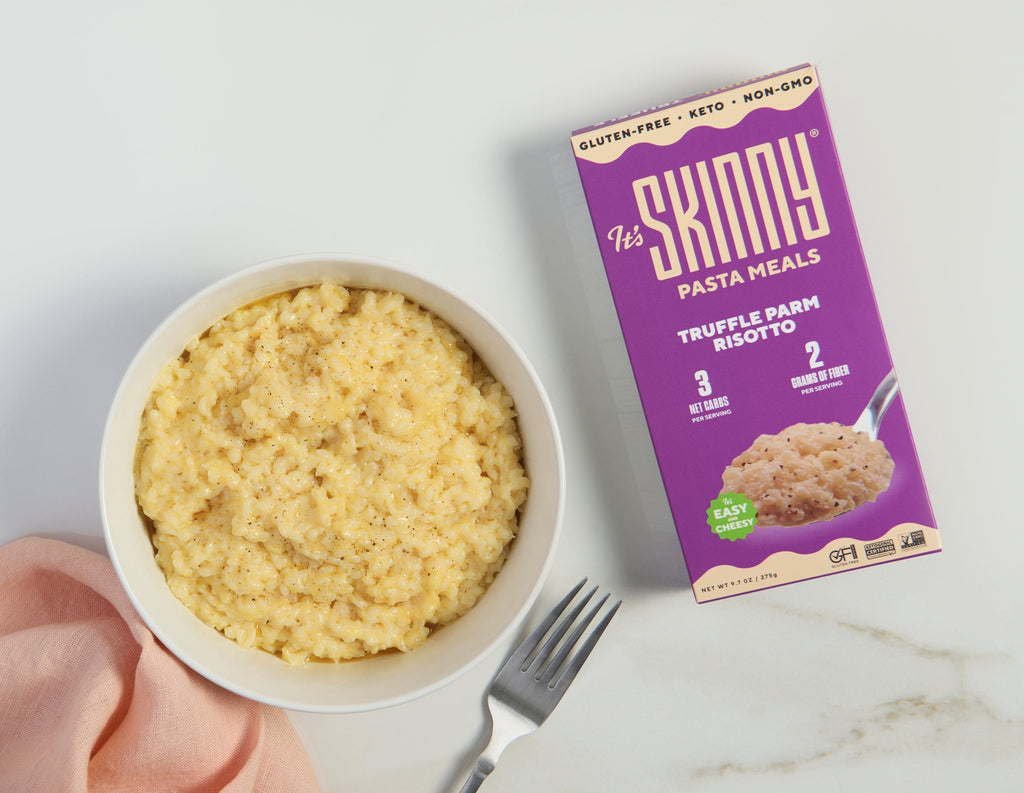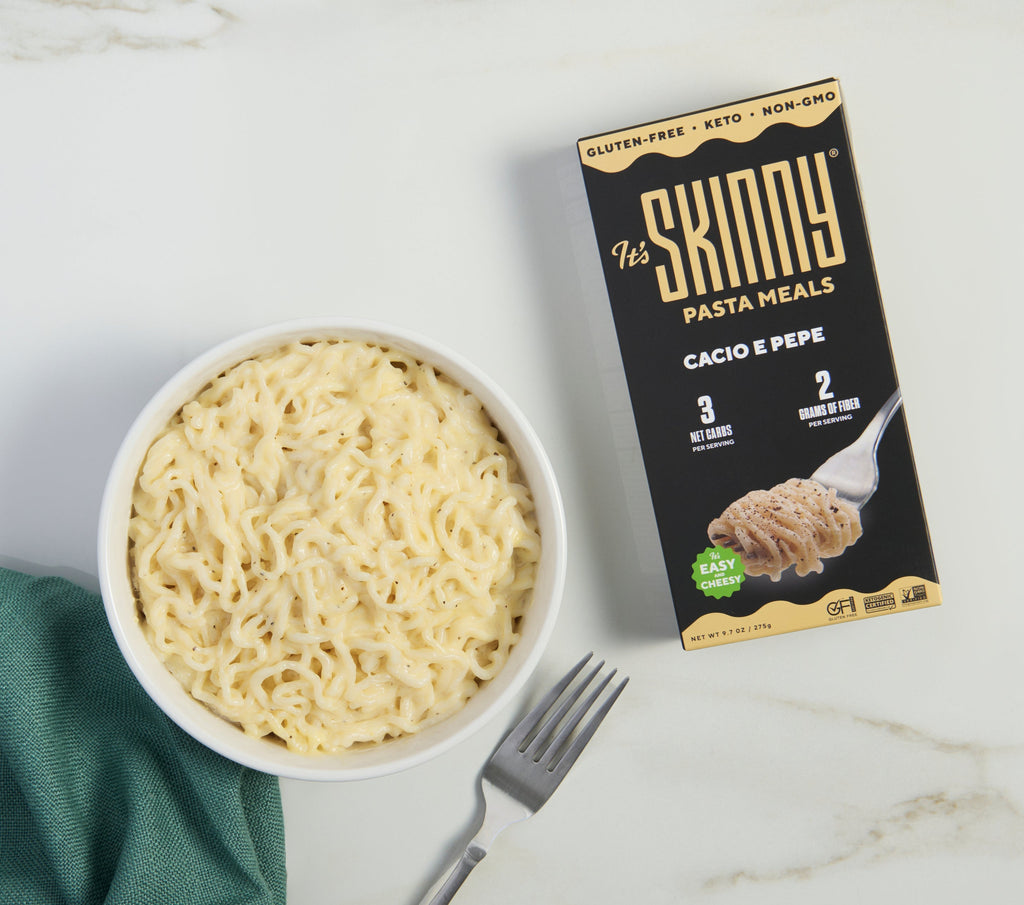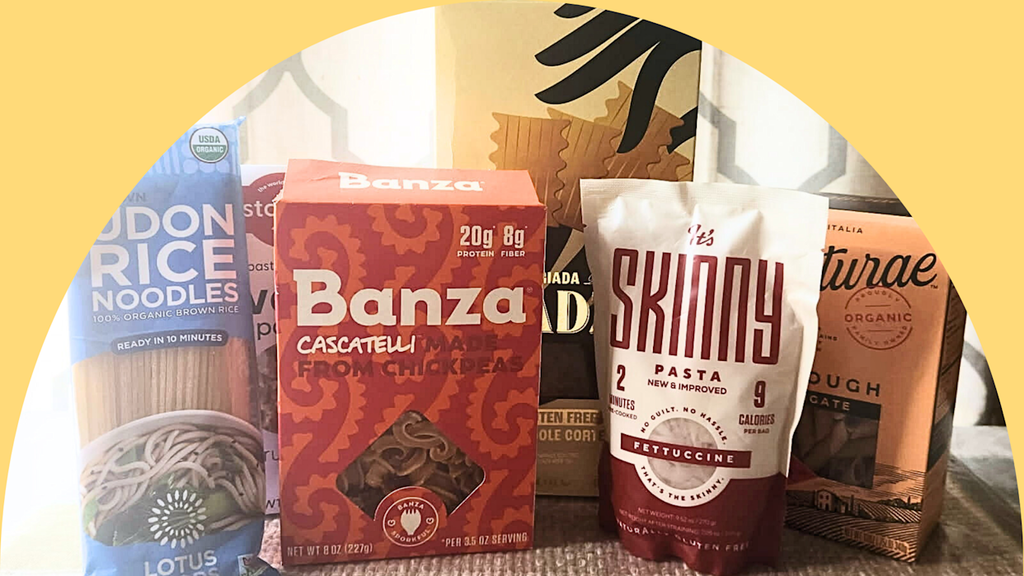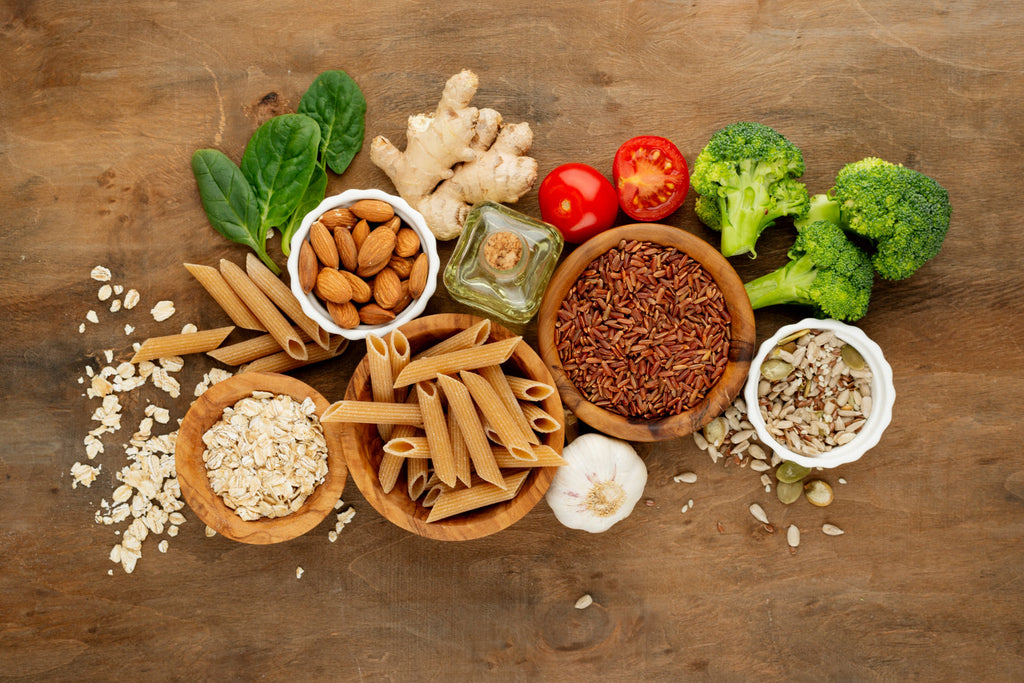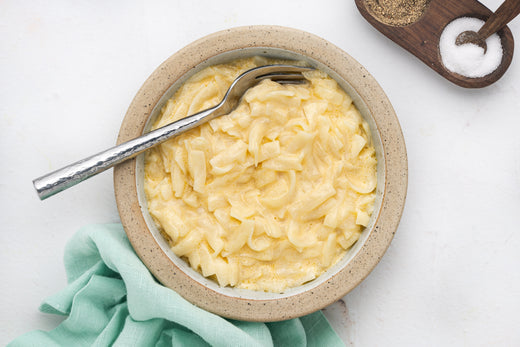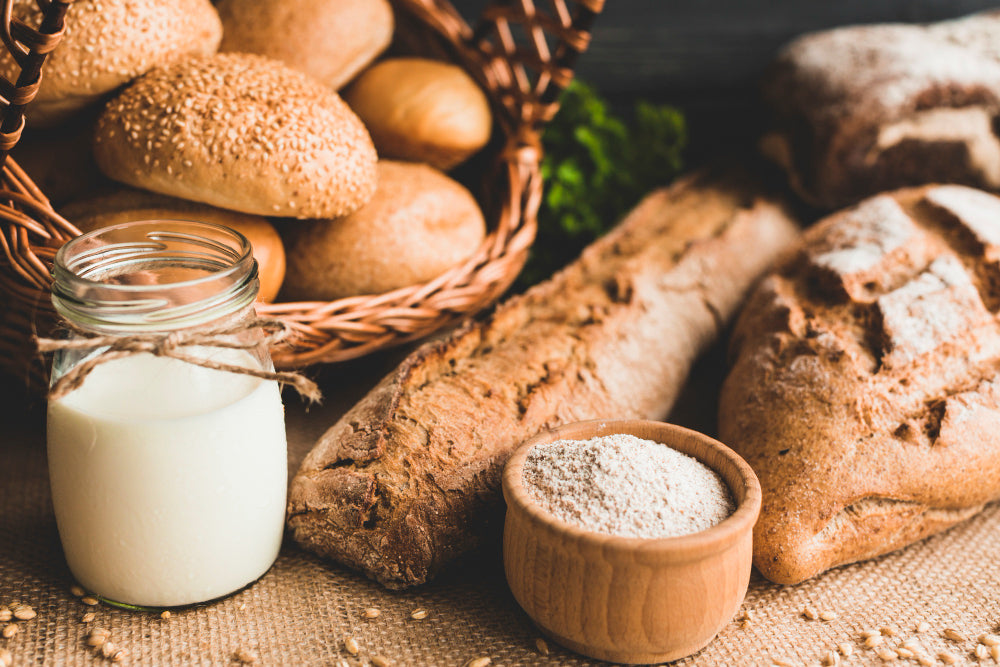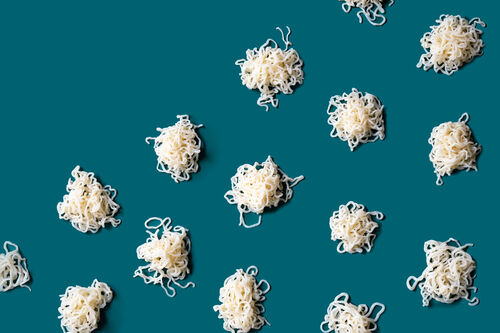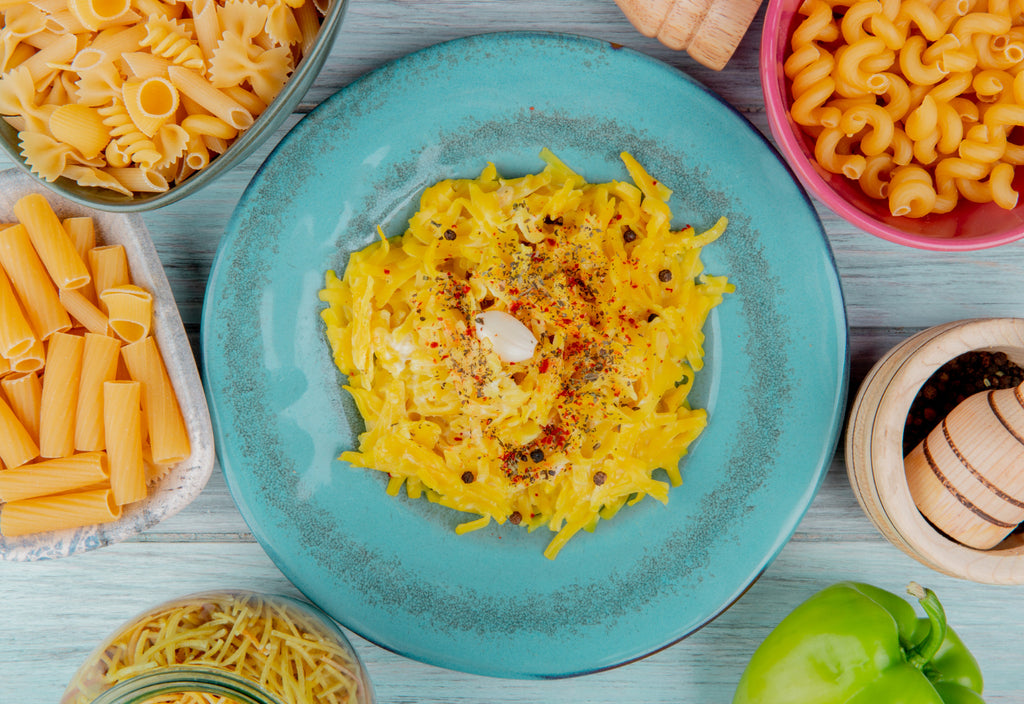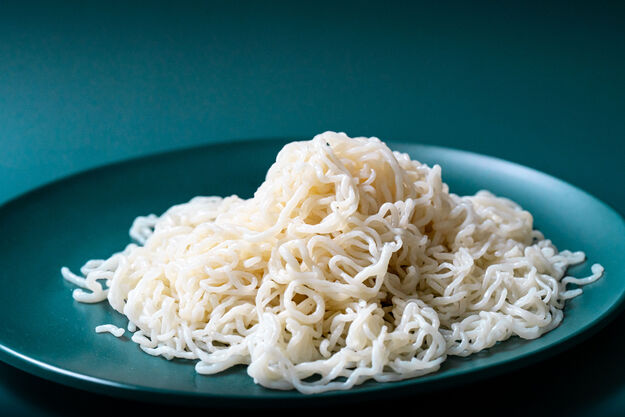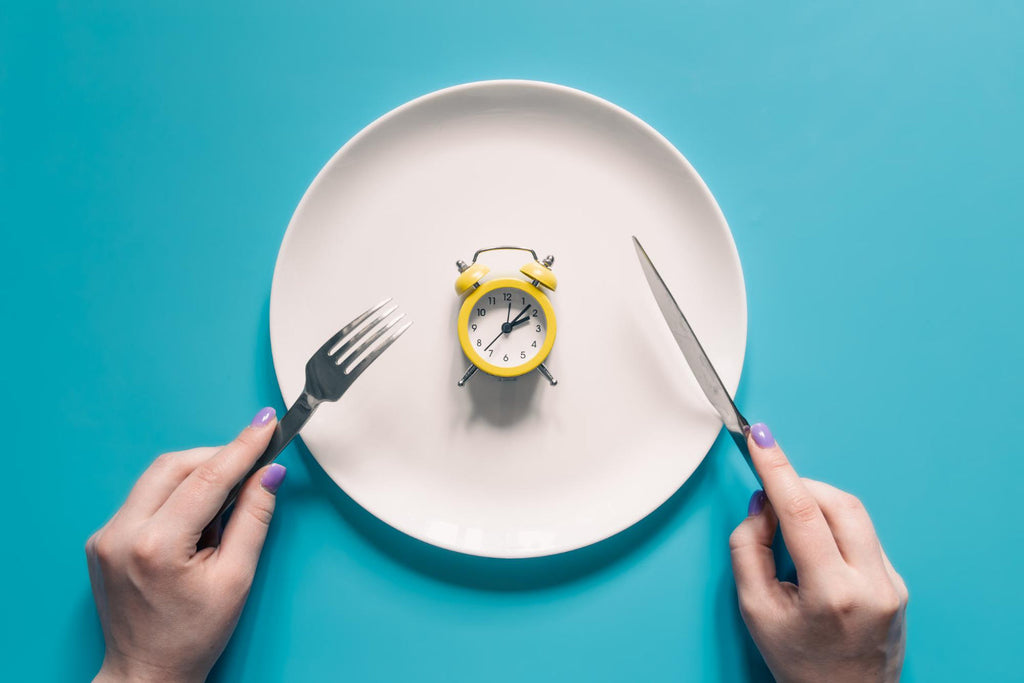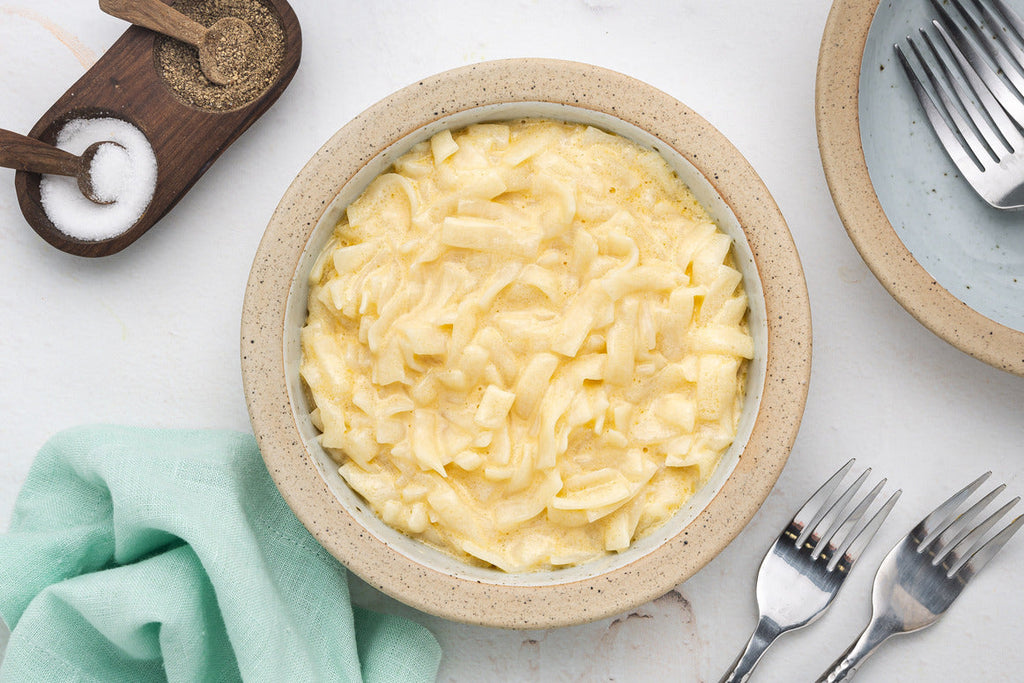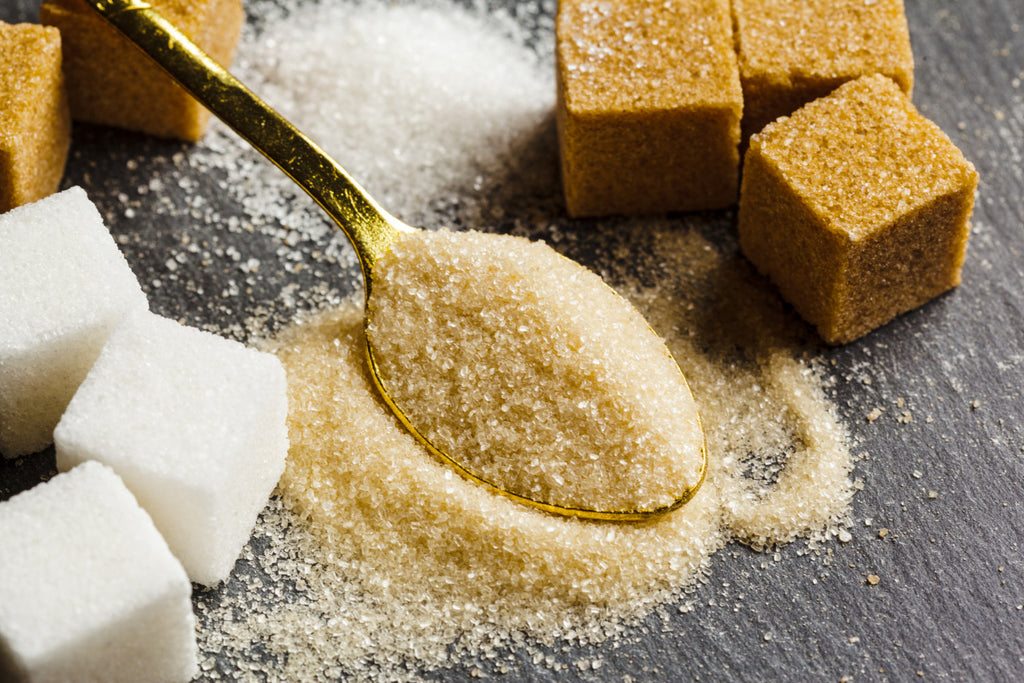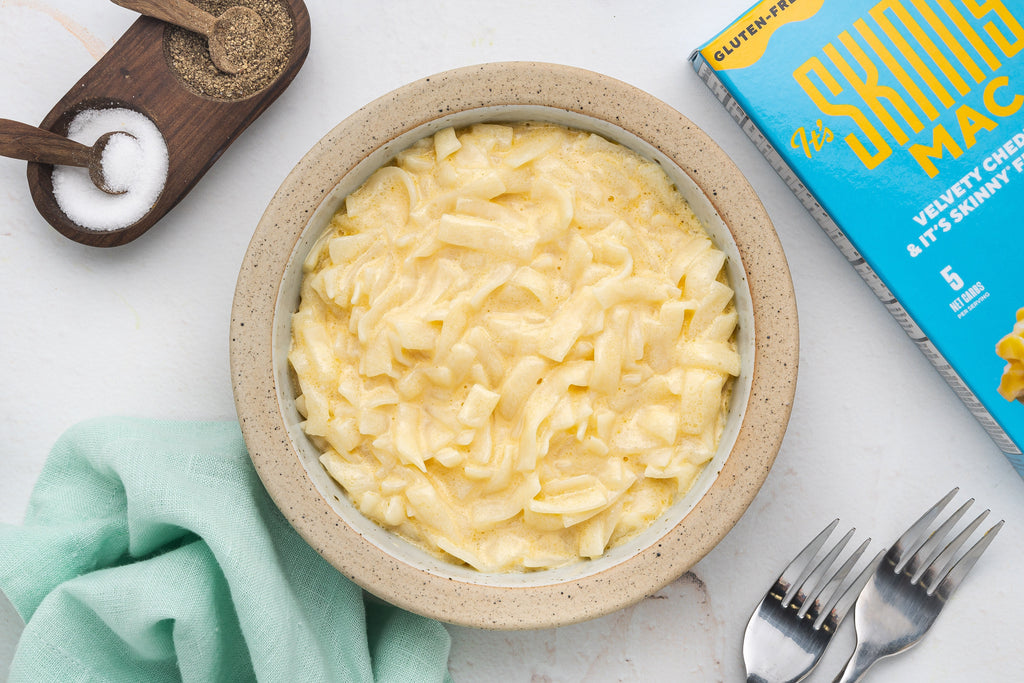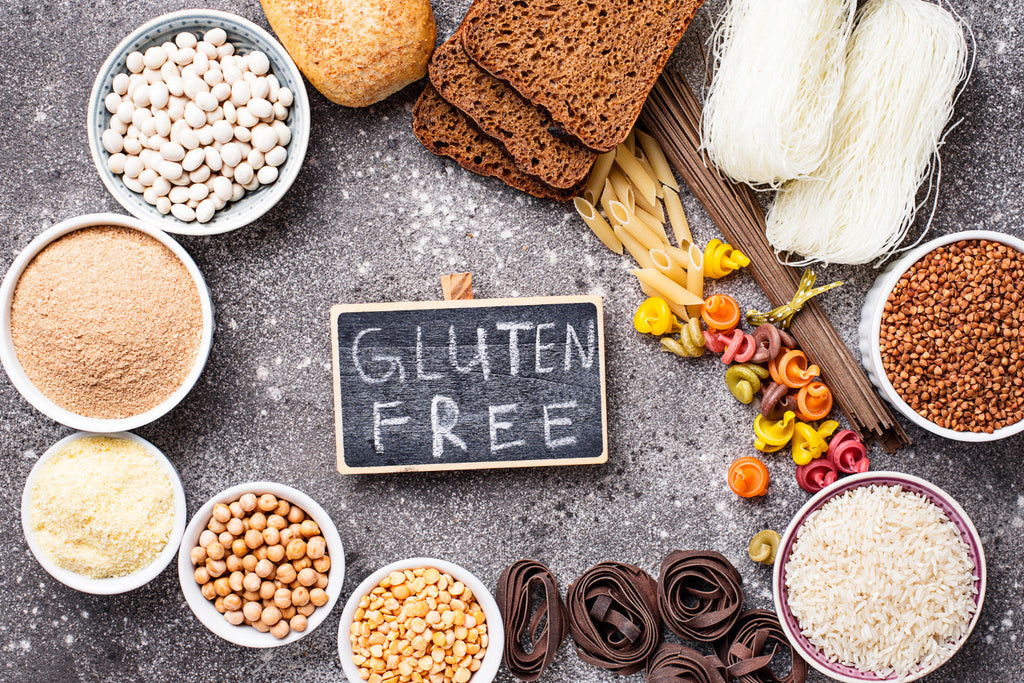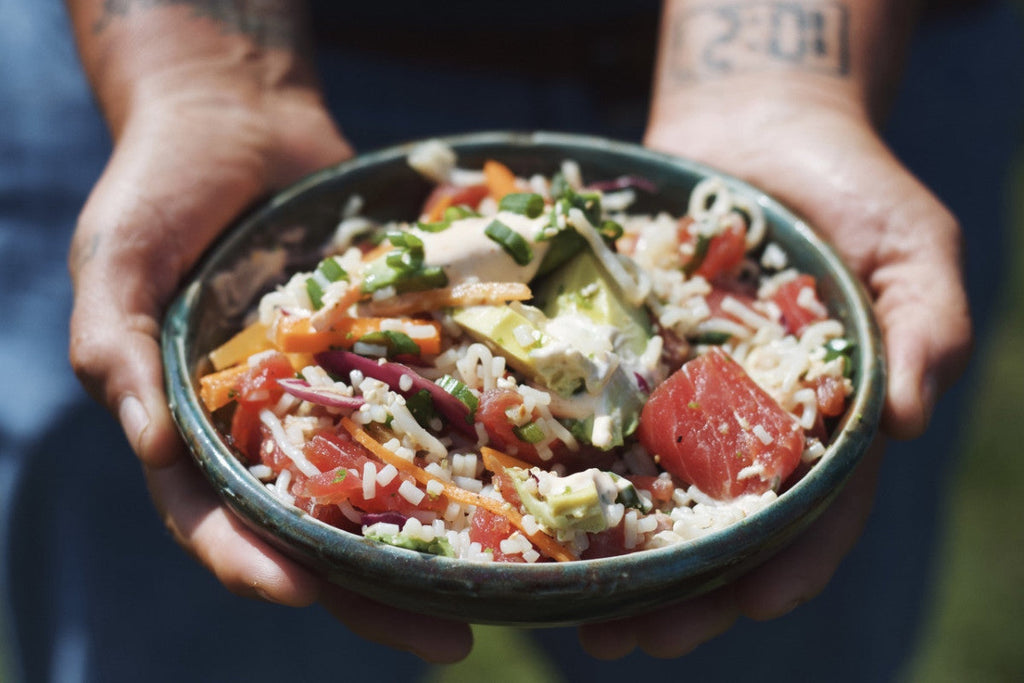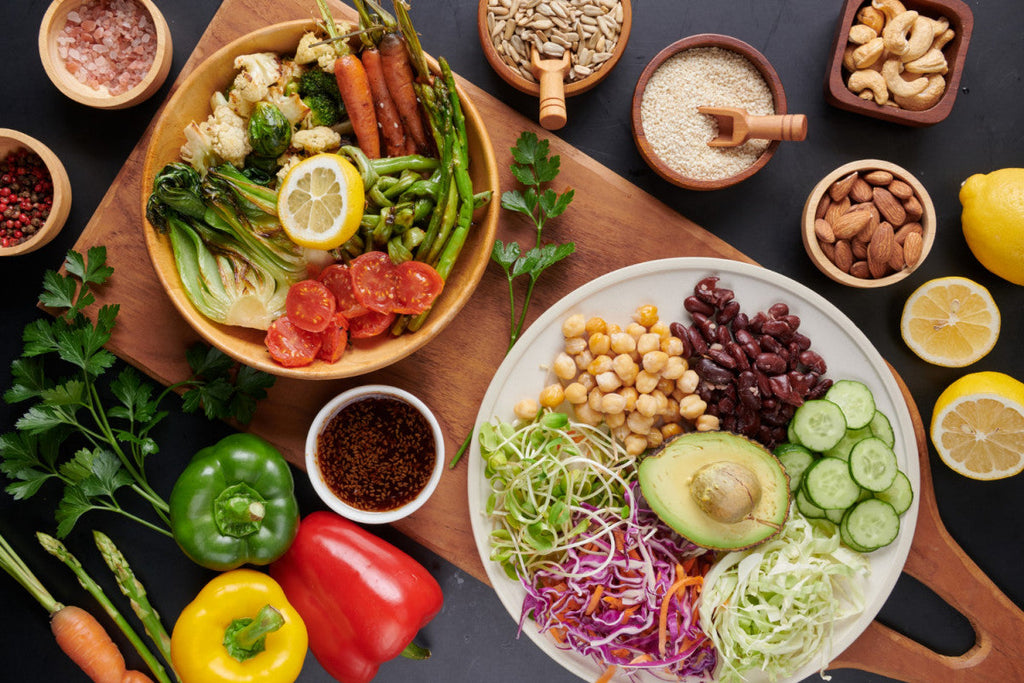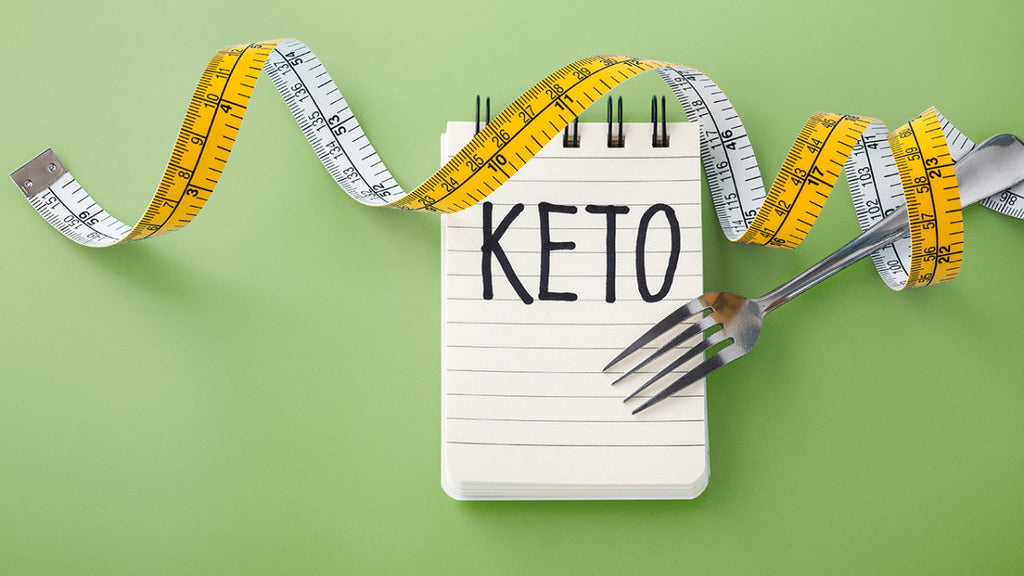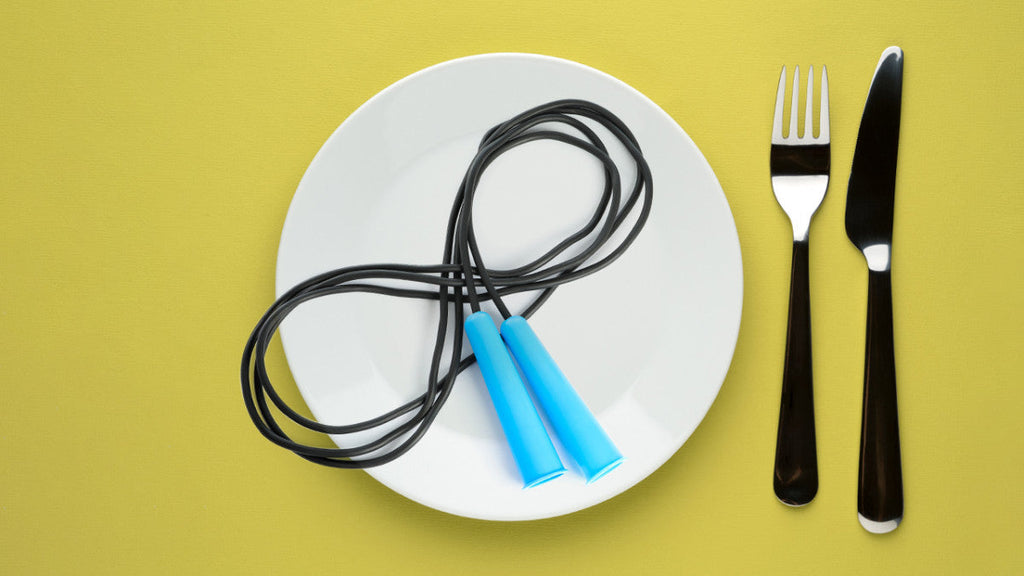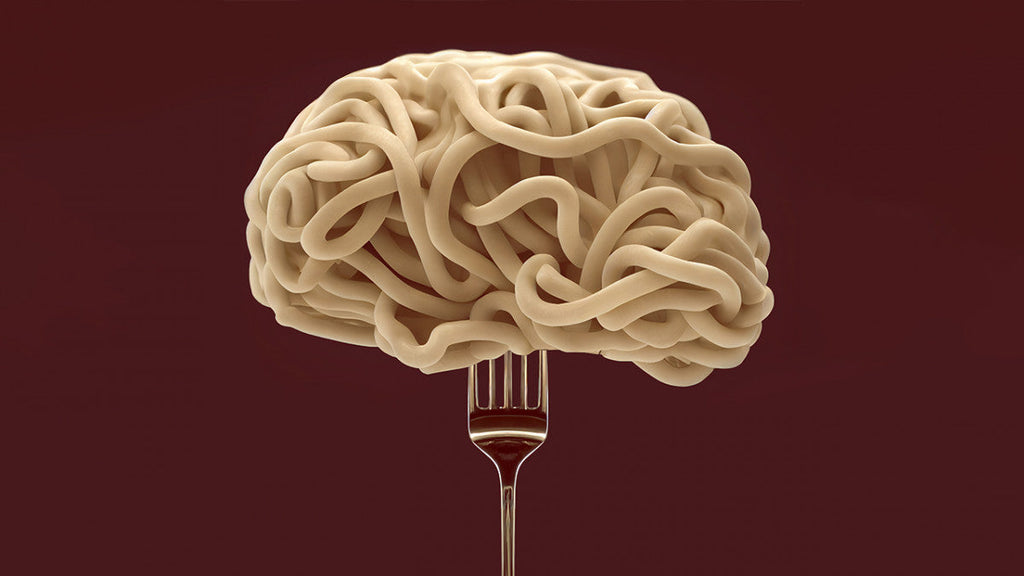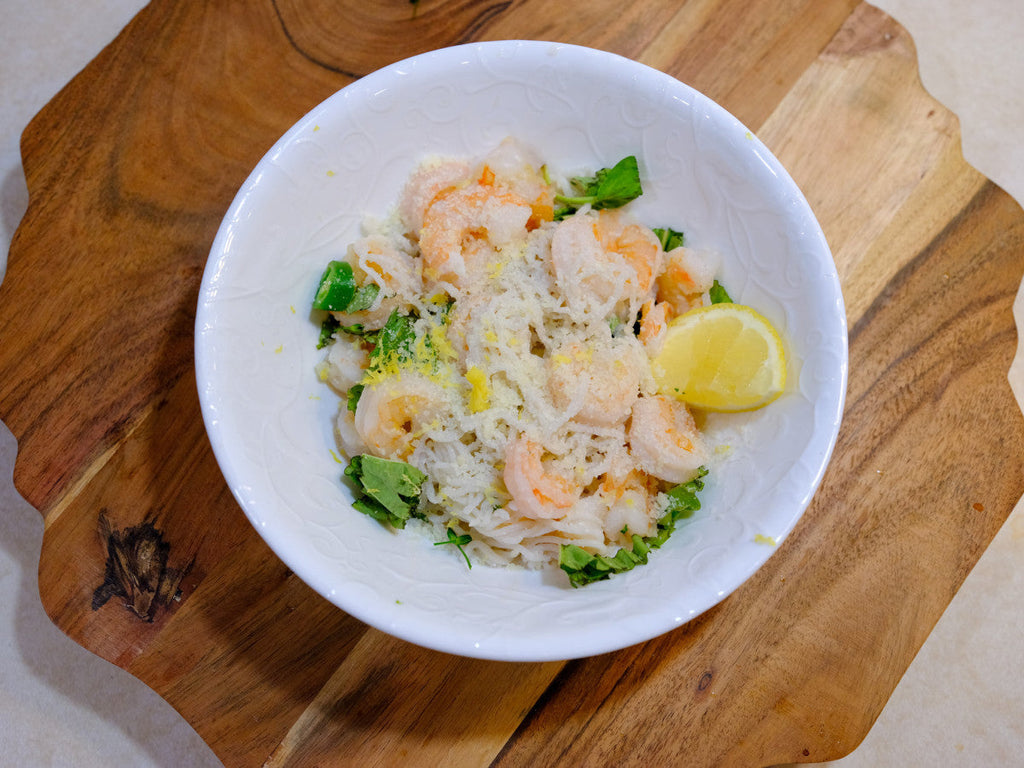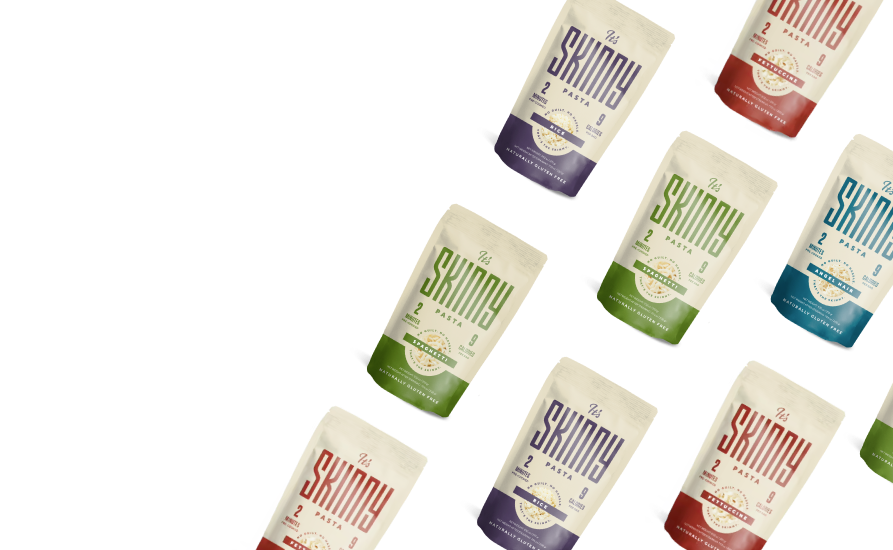Can the Keto Diet Help Manage IBS Symptoms? Here’s What to Know

By now, you've probably heard of IBS or Irritable Bowel Syndrome. It’s estimated that 5-10% of the population may suffer from the accompanying effects of IBS, including bloating, abdominal pain, and irregular bowel movements.
While there's no singular known cause or cure for IBS, treatment, and relief often come by managing symptoms. A big way to do that can be with alternative food plans like the ketogenic diet that may help alleviate some of your discomfort.
Understanding IBS
The truth is that IBS is tough to pinpoint. It’s often diagnosed by ruling out other, similar digestive disorders and conditions. With IBS, the digestive system may appear normal on screening tests, and it’s often called a functional gastrointestinal disorder.
However, there are some typical symptoms of IBS that can be helpful in determining the best course of treatment.
Common Symptoms of Irritable Bowel Syndrome:
-
Slow or abnormal gut motility
-
Under or overactive immune system
-
High levels of bacteria, virus, and fungi in the gut microbiome
-
Digestive discomfort and pain
Some practitioners have explored the brain-gut connection or Gut-Brain Axis (GBA) as a contributor to IBS. When the gut microbiome is off-balance, even the typical feelings of food moving through the body can cause extra sensitivity and discomfort. The nervous system can be highly attune to gut issues and it can cause a lot of psychological stress.
Some folks who have IBS also display a high number of bacteria in the small intestine—sometimes called SIBO or small intestinal bacterial overgrowth. This can often be a result of surgery, certain antibiotic use, and other digestive-related conditions and injuries that can throw the balance off kilter. In this case, antibiotics and other treatments can be necessary.
There’s not a definitive exact cause of IBS and therefore, there’s not always a clearcut path of treatment. There are however, different approaches to eating that can offer some people relief and alleviate some of the common IBS symptoms.
What is the Keto Diet?
The keto diet is a high-fat diet where users eat moderate protein and follow a low-carb diet. Often, on the keto diet, people may eliminate many common higher-carb processed foods and sugars.
When the keto diet is followed, the body shifts into a metabolic state called ketosis. This is where the body taps into fat storage for energy rather than relying on carbohydrate intake. The results can include weight loss.
In addition to weight management, many folks follow keto to help manage inflammation in the gut. Some folks also report that it helps with energy levels and generally makes them feel better.
So does keto work for IBS? Does it help? It depends on the cause of IBS, and everyone’s digestion is different, but some people have found a keto diet helps them manage their flare-ups and associated discomfort, offering better gut health and an improved quality of life.
How does keto help with IBS? The keto diet limits the intake of certain carbs like high FODMAP foods (fermentable oligosaccharides, disaccharides, monosaccharides, and polyols—hard-to-digest short-chain carbohydrates). FODMAP can exacerbate IBS symptoms, and limiting them can really help some people find relief.
Ketosis may also reduce inflammation in the gut. Emerging research suggests that the diet may also help regulate gut bacteria in some cases, which again, can be unbalanced in sufferers of IBS.
By limiting high-fiber carbohydrates, many dieters notice a reduction in gas production and bloating, which is another common complaint in IBS.
Is Keto Good for Everyone with IBS?
Unfortunately, there’s no one-size-fits-all solution for IBS. Some people with IBS can find relief in the keto diet, while others may not. It’s important to always discuss your diet with a trusted physician, especially before making any changes. You should always seek the dietary advice of a professional to rule out other causes and be sure you're meeting your individual needs.
The potential risks associated with the keto diet for IBS sufferers include the high fat content. Some high-fat foods can trigger IBS symptoms. It’s important to monitor how your body reacts to the changes in your diet.
Many keto dieters also go through an initial adjustment period, sometimes called the “keto flu.” During this time, they may feel sluggish, have digestive upset, or even feel like they’re coming down with an illness. These symptoms usually subside as the body shifts into ketosis, but again, it’s best to approach the diet under the guidance of a medical professional.
Just like any diet changes, keto may not benefit all sufferers of IBS. If you've determined that you may want to try keto, start with easy-to-digest fats like avocado, olive oil, and MCT (medium chain triglyceride) oil such as palm and coconut.
If you’re trying keto you may also want to focus your diet on low-FODMAP foods such as spinach, zucchini, and lean meats. Higher FODMAP foods include dairy products, wheat, beans, and certain fruits and vegetables. A low-FODMAP diet eliminates many of those inflammation-triggering foods.
One great way to know if a keto diet is working with your digestion is to monitor and track your food intake and symptoms in a food journal. There are many simple food tracking apps that can help you keep a handle on what you’re eating and what may disagree with your body.
After a few weeks of logging and monitoring your diet and symptoms, you may be surprised to find certain correlations and can then adjust accordingly.
Enjoying IBS-Friendly Foods on Keto
So, keto may or may not sound like the right solution if you have IBS. It can be difficult to follow a low-carb diet, especially if you are also cutting out other IBS-triggering foods. However, there’s a delicious solution that can help.
Meet It’s Skinny Pasta! This low-calorie konjac noodle has ZERO net carbs per serving. It's an excellent platform for enjoying all your favorite lean proteins, and digestion-friendly vegetables.
Imagine the pastabilities! You can have yummy pasta bowls, delicious dishes with It’s Skinny rice shape or soups with delicious noodles. It's all possible when you cook with It’s Skinny. Best of all? It couldn’t be easier.
Open a pack of It’s Skinny shirataki noodles, drain, rinse, and set them aside while you cook up your toppings—protein, sauce, vegetables, and other ingredients. Once you're at the end of cooking, add It’s Skinny to the pan and allow it to heat through for 3-5 minutes.
There's no need to boil water or wait for the noodles to reach an "al dente" texture. You simply get delicious fast pasta that doesn't taste like deprivation. In fact, thanks to a special type of fiber in the noodles, they can help with blood sugar control, too. If you're trying to lower your carb intake and address your gastrointestinal issues, It's Skinny might be a good addition to your menu.
It’s Skinny is keto-friendly, gluten-free, and available in many amazing shapes. Choose your favorite from:
Or get a variety pack to pick the best shape for your recipe. Speaking of recipes, if you need ideas to make your favorite foods with It’s Skinny, explore our recipe database. We have plenty of keto-friendly recipes that will help you stay on track.
While there might not be a single fix for IBS, adjusting your diet can make a big impact. Talk to your healthcare provider to decide if the keto diet is right for your situation. From there, It’s Skinny can help you find keto success. Consider it another great tool in your IBS arsenal.






